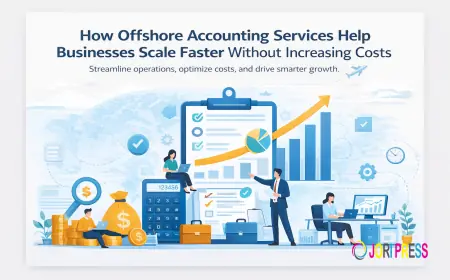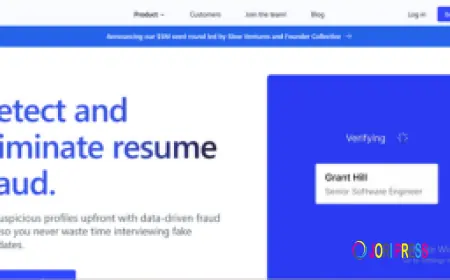The Ultimate Guide to Cloud-Based CRM Software for Modern Businesses
Discover how cloud-based CRM software helps businesses manage customer relationships, track leads, automate tasks, and improve productivity. Access your data anywhere and grow smarter with a centralized CRM solution.

In today’s competitive business environment, customer relationships are the key to growth. Managing leads, tracking interactions, and providing personalized experiences can be complex without the right tools. Cloud-based CRM software offers a comprehensive solution to streamline customer management and improve overall business efficiency.
What is Cloud-Based CRM Software?
Cloud-based Customer Relationship Management (CRM) software is a platform hosted online, allowing businesses to store and access customer data securely from anywhere, at any time. Unlike traditional on-premise CRMs, cloud-based solutions require no physical infrastructure, offer automatic updates, and provide flexibility for businesses of all sizes.
Key Benefits of Cloud-Based CRM
Accessibility Anywhere – Team members can access customer information on any device, enabling remote work and faster decision-making.
Enhanced Collaboration – Centralized data ensures that everyone on your team has real-time access to information, reducing communication gaps and errors.
Automation of Routine Tasks – Automate follow-ups, reminders, reporting, and other repetitive tasks, freeing your team to focus on high-value activities.
Actionable Insights – Advanced analytics provide detailed insights into customer behavior, helping businesses make informed decisions and optimize strategies.
Scalability – Cloud CRM systems can grow with your business, accommodating more users, larger datasets, and advanced features as needed.
Cost Efficiency – By eliminating the need for physical servers and reducing IT maintenance costs, cloud CRM is a cost-effective solution for businesses of any size.
How Cloud-Based CRM Improves Business Operations
Implementing cloud-based CRM software allows businesses to streamline workflows across departments. Sales teams can prioritize leads effectively, marketing teams can execute targeted campaigns, and customer support teams can resolve queries faster. With all departments working from a single source of truth, businesses can maintain consistency in communication and service delivery.
Additionally, cloud CRM enables personalization. By analyzing customer data and purchase history, businesses can tailor communications, offers, and recommendations to individual customers, improving engagement and loyalty.
Why Your Business Needs It
Adopting cloud-based CRM software is more than a technological upgrade—it’s a strategic investment. Businesses gain a 360-degree view of their customers, reduce manual errors, increase productivity, and make smarter, data-driven decisions. Whether you are a small business looking to organize your customer data or a large enterprise aiming to enhance efficiency, cloud-based CRM provides the tools needed to stay competitive.
Conclusion
In a world where customer expectations are higher than ever, businesses must leverage technology to stay ahead. Cloud-based CRM software empowers companies to manage customer relationships more effectively, automate workflows, gain actionable insights, and drive sustainable growth. By centralizing data and improving collaboration, it helps businesses operate smarter, respond faster, and build stronger, long-lasting relationships with customers.
Investing in cloud-based CRM is no longer optional—it’s essential for any business that wants to grow efficiently while keeping customers happy.
What's Your Reaction?
 Like
0
Like
0
 Dislike
0
Dislike
0
 Love
0
Love
0
 Funny
0
Funny
0
 Angry
0
Angry
0
 Sad
0
Sad
0
 Wow
0
Wow
0
















































